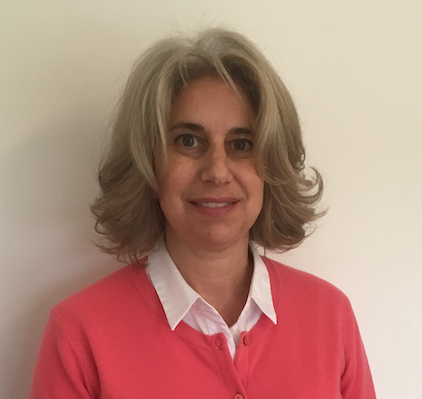Invited Lectures in the Humanities

The series of lectures is designed to enable the PhD students to learn how to conduct research at the highest level through direct contact with experienced as well as young researchers who have already achieved noticeable success in their disciplines.
Alesia Zuccala is currently an Associate Professor at the Department of Communication, University of Copenhagen. In 2004, she graduated with a PhD in Information Science from the University of Toronto, Canada and has travelled widely to take on research and teaching positions in Australia, the United Kingdom, and the Netherlands. Her specialization is in the field of bibliometrics and scholarly research evaluation. Dr. Zuccala has been a long time member of the International Society for Scientometrics and Informetrics (ISSI), and an active participant of the European Network for Research Evaluation in the Social Sciences and Humanities (ENRESSH). She has recently served as co-editor of a special issue on "Scholarly Books and their Evaluation Context in the Social Sciences and Humanities" for the ASLIB Journal of Information Management, and many of her publications appear in journals such as Scientometrics, Research Evaluation, and the Journal of the Association for Information Science and Technology.
Research concerning gender and science, specifically gender disparaties and the advancement of women, has become a revitalized topic in Science and Technology Studies (STS); building upon the tracking mechanisms of the early 1980s to late 1990s. Advanced data sources have enabled scholars to focus on metrics and performance indicators, as well as technologies like machine learning. The use of terminology has recently been emphasized, where the so-called "scientific' use of phrases or metaphors affect how women are viewed in academic communities. Now, with various funding initiatives, scholars are urged to assist in the identification of innovative Gender Equity Plans (GEPs), both in EU universities and research organizations, and in dialog with third world countries (e.g., Horizon2020, 2019). Research is sometimes slow to produce change, but evidence confirms that science is clearly better as a result of gender diversity. Nielsen et al., (2017) call this the "collective intelligence factor"
See more

Open lecture: "Contemporary Chinese Calligraphy"

Success of the PUT team at the SAE Aero Design West competition in the USA

Open lecture: "Eighteenth-Century Literary Celebrity and Adaptation in the Twenty-First Century: A...
